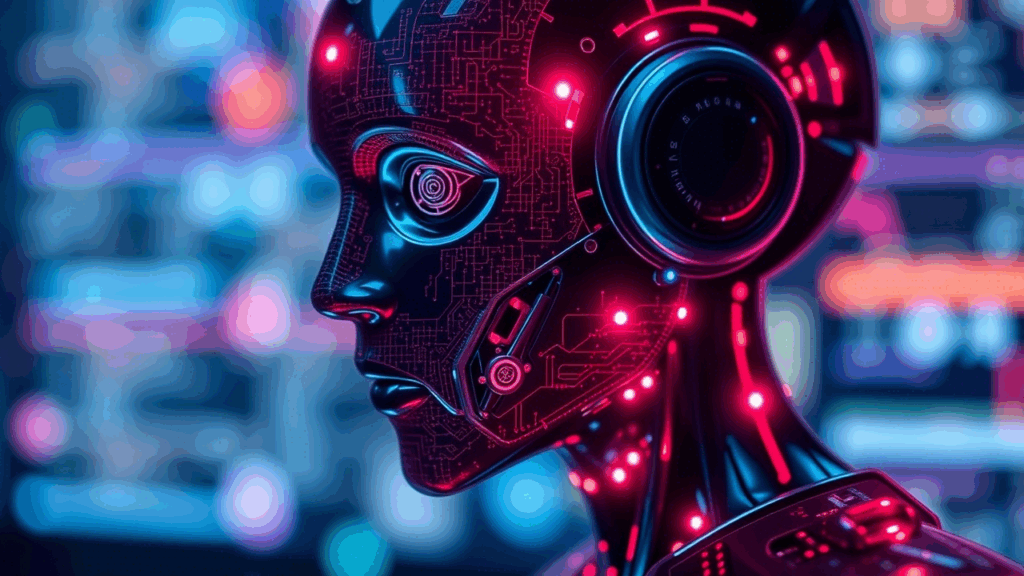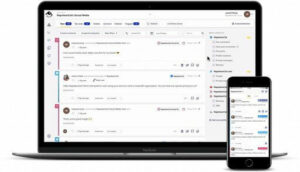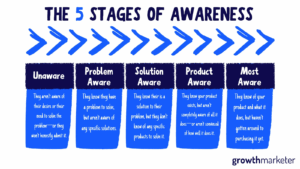With the rapid rise of AI-generated content, a pressing question has emerged: Are internet algorithms favoring machine-created content over that written by humans?
This concern matters more than ever for content creators, marketers, and businesses competing in today’s algorithm-driven digital space.
Understanding Algorithmic Bias
To answer this question, we first need to understand algorithmic bias.
Algorithms are the engines powering everything from search results to social media feeds. These systems learn from massive datasets. If the data they’re trained on includes historical or systemic bias, algorithms can unintentionally reinforce those biases in their recommendations.
In practical terms, this means algorithms might end up favoring certain types of content—possibly including AI-generated content—more frequently. This could distort what audiences see online, even if unintentionally.
Why AI Content Might Get a Boost
AI-generated content comes with built-in advantages that align well with how algorithms evaluate content:
- Optimization: AI excels at spotting patterns and trends. It tailors content to maximize engagement metrics like clicks, shares, and likes.
- Consistency: AI can post frequently and maintain a consistent tone, helping brands stay top-of-mind.
- Scalability: AI can generate vast amounts of content quickly, enabling high-frequency publishing that’s hard for humans to match.
Because algorithms reward performance—not authorship—high-performing AI content can climb higher in feeds and results. It’s not favored because it’s AI-generated, but because it meets the metrics that algorithms are designed to prioritize.
What AI Can’t Do: The Power of Human Creativity
Despite its strengths, AI still falls short in one critical area: creativity.
Human content brings:
- Emotional depth and authenticity
- Cultural awareness and nuance
- Out-of-the-box thinking
These elements create stories that resonate. AI can mimic style and format, but it can’t replicate the emotional or intuitive spark that makes great content truly connect.
Innovation often requires breaking patterns—not following them—and that’s something uniquely human.
Collaboration Beats Competition
Instead of viewing AI and humans as rivals, the smarter approach is to see them as collaborators.
When used strategically, AI can support the creative process by:
- Generating content outlines or ideation prompts
- Handling time-consuming research
- Automating routine tasks
This frees up human creators to focus on strategy, storytelling, and building meaningful connections with audiences—areas where AI still lags behind.
The Future of Content Is Hybrid
As AI becomes more advanced, it will play an even larger role in content creation and marketing. But the human element will remain essential—especially for brands that aim to build trust, evoke emotion, and create lasting relationships.
Success in this hybrid era will depend on:
- Understanding how algorithms work—and where bias can arise
- Using AI to increase efficiency without losing creative depth
- Focusing on content that speaks to real people—not just search engines or feed algorithms
Ultimately, the most impactful content will be the kind that balances data-driven optimization with authentic human storytelling.
Final Thoughts
AI is transforming the content landscape—but it’s not about whether AI or humans will win. It’s about how they work together.
By combining AI’s speed and scale with human insight and emotion, content creators can build smarter strategies that perform well algorithmically and resonate deeply with audiences.
The future of content isn’t AI versus humans. It’s AI with humans—collaborating to create more powerful, relevant, and engaging digital experiences.









